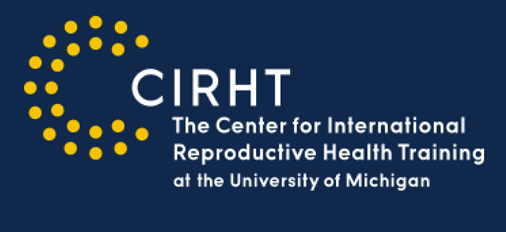Speaker
Description
Background: Reproductive health is a fundamental aspect of human well-being, encompassing not only the ability to procreate, but also the right to decide if and when to have children. However, despite the progress made in recent decades, major challenges persist in accessing reproductive health services in rural areas. The aim of this study is to analyze the determinants of access to family planning services by men and women of childbearing age in the Touessong health area.
Method: A mixed descriptive study design was carried out on a sample of 400 participants for the quantitative component and two heterogeneous focus groups of 25 respondents for the qualitative component. Data obtained from the questionnaire were rigorously processed to identify trends, correlations and determinants of access to family planning; and from the semi-directive interview guide content analysis to highlight key themes.
Results: The study found that out of the 400 participants, 85% had heard of family planning, but only 33.5% defined it correctly. In addition, condoms were the best-known method (31.6%) and the most widely used (77%). However, 78% knew a place offering family planning services, 72% felt that these services were not free and 48% considered them too expensive. Content analysis revealed important psycho-sociological factors determining the use of family planning services, and various motivations linked to the perception of the child which can either be a source of support in the old age of their parents, or of long-term stress in cases of juvenile delinquency. Fear, lack of information or misinformation, social norms and cultural and religious beliefs are socio-economic determinants that influence access to family planning services by men and women of childbearing age. Level of education, professional activity and income were found to be key factors in family planning decision-making.
Conclusion: This study highlights that improving access to family planning services in the Touessong health area requires a multidimensional approach that considers psychological aspects related to motivations, perceptions of control, fears and social norms. Comprehensive sexual and reproductive education, as well as interventions to combat misinformation and taboos, are essential to encourage informed, shared decision-making.
Key words: Determinants; use; family planning services; men and women of childbearing age, Touessong Health Area


